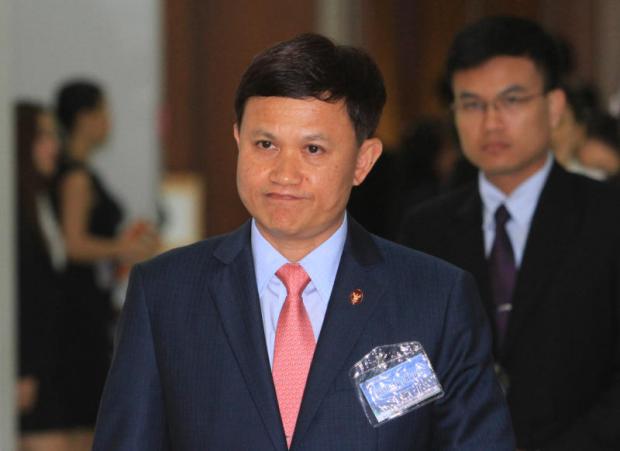
The board of the National Broadcasting and Telecommunications Commission (NBTC) Wednesday resolved to appeal Tuesday's Central Administrative Court order to the Supreme Court within 30 days.
According to NBTC vice-chairman Natee Sukulrat, the NBTC board acknowledged the Central Administrative Court's order but disagreed on three major points in the court's order, believing they contradict the facts.
The three facts the NBTC objects to are the definition of Thai TV's status with the NBTC under the digital TV licensing regime, the timeline of rental broadcasting network expansion and the responsibility of licensees for licence payment under the NBTC law.
Col Natee said the definition of Thai TV's status is the most critical issue that results in other related details to be misleading.
On Tuesday, the Central Administrative Court ordered the NBTC to return bank guarantees worth 1.5 billion baht to loss-ridden digital TV operator Thai TV, which stopped operations two years ago.
Thai TV Co Ltd filed a lawsuit against the NBTC seeking court orders to nullify bids for its two digital TV channels from the NBTC and revoking NBTC letters demanding licence payments.
The company also demanded the NBTC pay 713.8 million baht in damages plus 7.5% interest, but the court turned down the company's demand for damages.
According to the court's order, Thai TV was defined as a contract holder of the NBTC and the commission awarded a licence to the company for operating digital TV business on behalf of the NBTC, which the NBTC says is inaccurate.
Col Natee said the NBTC acts as the regulator of broadcasting business, not the operator. The digital TV auction in 2015 was to award permission to private companies to use spectrum for providing service under the exact period, not under the public-private joint venture or concession.
Therefore, the licensee cannot terminate operations before licence terms end, because it violates the model of concession contract or public-private joint venture, Col Natee said.
"The inaccurate definition of digital TV licensee does not comply with the intentions of the constitutional law that aim to transfer the concession regime to a licensing system," he said.
The mistaken definition of digital TV licensee status is also not in line with the existing digital TV transformation roadmap from analogue to digital TV by 2020, he said.